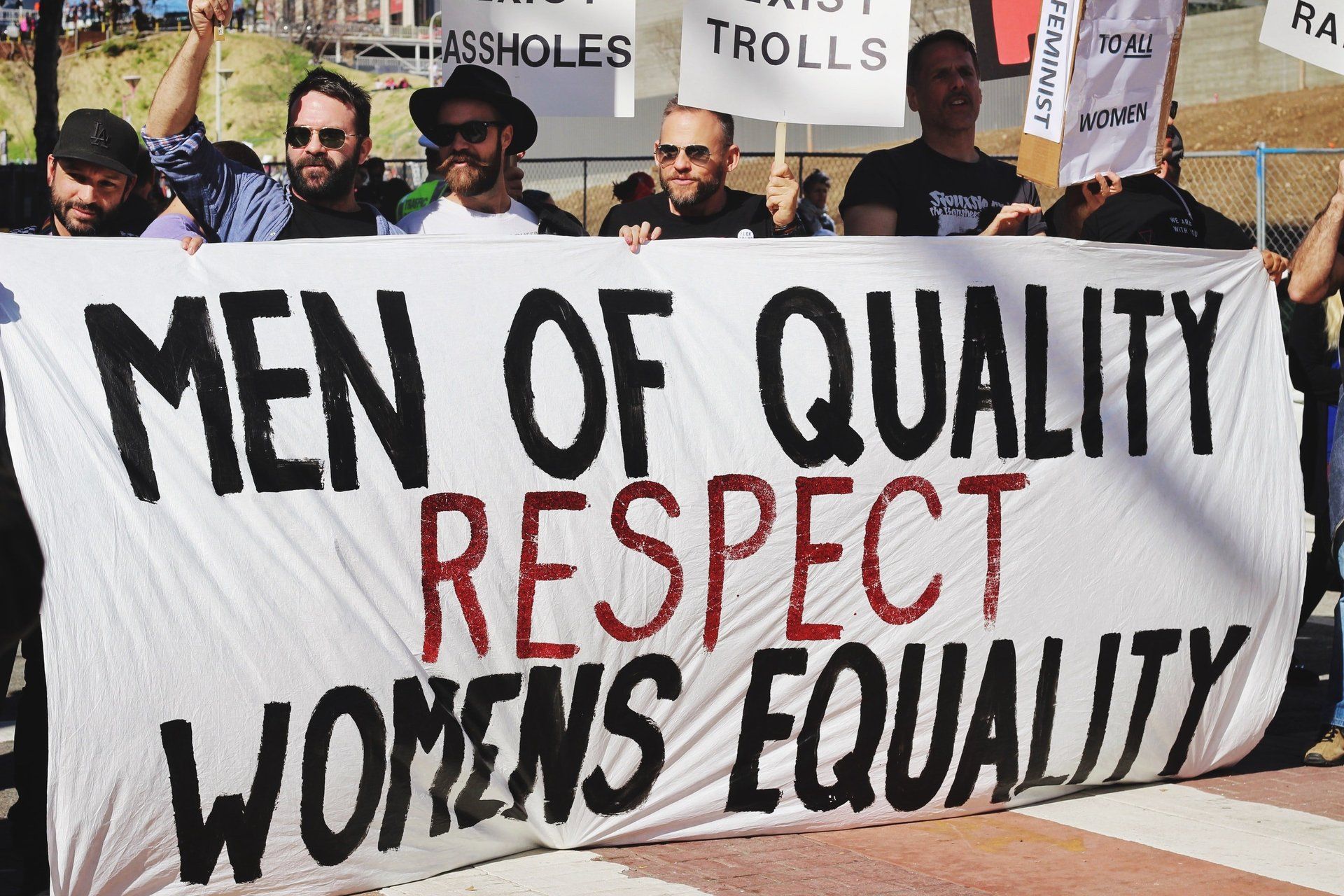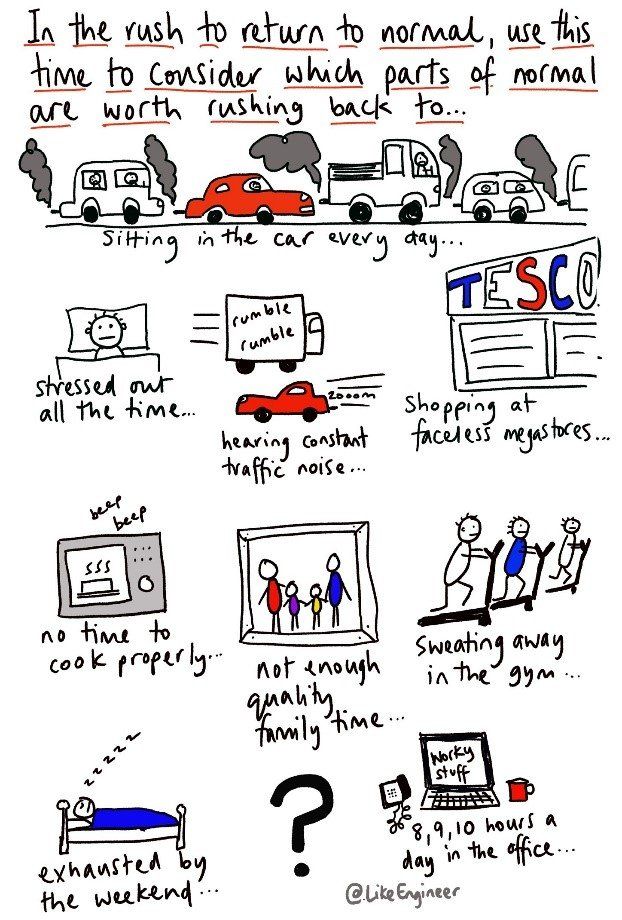Seeing Red
New ways to say no, or better ways to show we listen?
There has been an absolute outpouring of outrage following the revelations from the now infamous Presidents Club dinner. One response that caught my attention is a blog post by Susan Chambers, an HR Director in the FE sector. She refers to her assumption that based on her own experience such practices in the workplace were a thing of the past, however the #metoo movement
, the necessity for the Angela scheme
and of course the furore surrounding the Presidents Club
lead her to question if there is a better way to call out unwanted behaviour. She suggests that ‘no’ isn’t working and a red card initiative may be more effective. Now, I understand her sentiment, however, in a way it suggests that responsibility for change lies primarily with the individual on the receiving end of unwanted and inappropriate behaviour; is it really up to women to educate those who exhibit bad behaviours and abuse positions of power, in the moment
of the abuse?
Blogs like Susan's, the Time's Up campaign
and #metoo provide helpful (and necessary) platforms for challenging conversations. Such conversations will hopefully give confidence and courage to anyone subjected to unwanted attention so that they can say 'no' in the moment. However, I think it is naïve to assume those who abuse power will change their behaviours at the sight of a red card. Harvey Weinstein didn’t behave the way he did because he thought it was acceptable, he acted the way he did because he knew he could
; the evidence suggests that he was routinely called out by women, their partners and their agents, he knew he was doing wrong, he just thought he was untouchable.
Regarding the Presidents Club and the message in Susan’s blog, I would argue that we should not be placing the emphasis on the hostesses to challenge the behaviour of well-heeled drunken louts. We should be turning our attention to the employment practices of the agency supply the staff and the trustees responsible for the organising and commissioning of the event. Just as employers should ensure that their procurement practices ensure staff providing services on their behalf receive fair compensation, they should also ensure that all staff, regardless of contract type, are provided with a safe working environment, and this must extend to protection against harassment in the workplace, from colleagues or customers. As such, the spotlight at this time must be on the Presidents Club trustees and the agency who supplied staff time and time again for this event.
However more generally, Susan is right to be angry at the situation we find ourselves in. We need workplace cultures (and a society) where individuals know that inappropriate behaviour is not accepted and that there will be complete support available to a complainer should a situation arise that necessitates ‘an ask for Angela’ moment or the showing of a red card. The easy thing is to put up the posters or to print the red cards. The difficult thing is to create the conditions that not only allow complaints to be heard but also allows complaints to be dealt with transparently. I would argue that to do so goes way beyond new ways to convey old messages, the development of perfectly formed policies or sheep dip training.
Leadership teams and colleagues in human resources need to reflect on how often bad behaviour (sexual harassment or harassment in any other form) is in fact tolerated or quietly managed out rather than publicly booted out of the organisation. If leadership teams are not brave enough to call out the bad behaviour, name it and show that it is toxic, why on earth would anyone on the receiving end of the behaviour believe that their back is covered if they show the red card?
So, red cards? Ok, give it a go, but they must be used visibly by those at the top; otherwise, those with the inclination to abuse power will continue to believe that they are untouchable.








